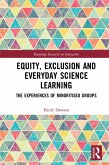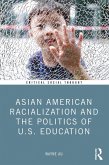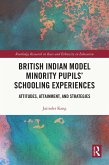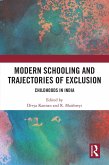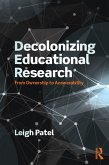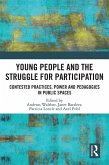Dieser Download kann aus rechtlichen Gründen nur mit Rechnungsadresse in A, B, BG, CY, CZ, D, DK, EW, E, FIN, F, GR, HR, H, IRL, I, LT, L, LR, M, NL, PL, P, R, S, SLO, SK ausgeliefert werden.
Marianne Achiam, Department of Science Education, University of Copenhagen
"Issues of equity and exclusion are vital considerations for informal science learning research, policy and practice. This book offers a powerful and much-needed analysis based, crucially, on the views and experiences of those who are usually excluded from settings such as science museums and centres due to inequalities of 'race', social class and gender. A 'must read' for anyone concerned with equity and inclusion in informal science learning"
Louise Archer, Karl Mannheim Professor of Sociology of Education, UCL Institute of Education.
"Equity, Exclusion and Everyday Science Learning is critically important for the field, and deserves attention from all - museum and science center leaders, funders, theoreticians and practitioners. Hopefully, it can help us move toward a shared understanding of what it really takes for us to become relevant to all, and to make a real difference in our communities and in the world."
Karen Wise, Informal Learning Review



